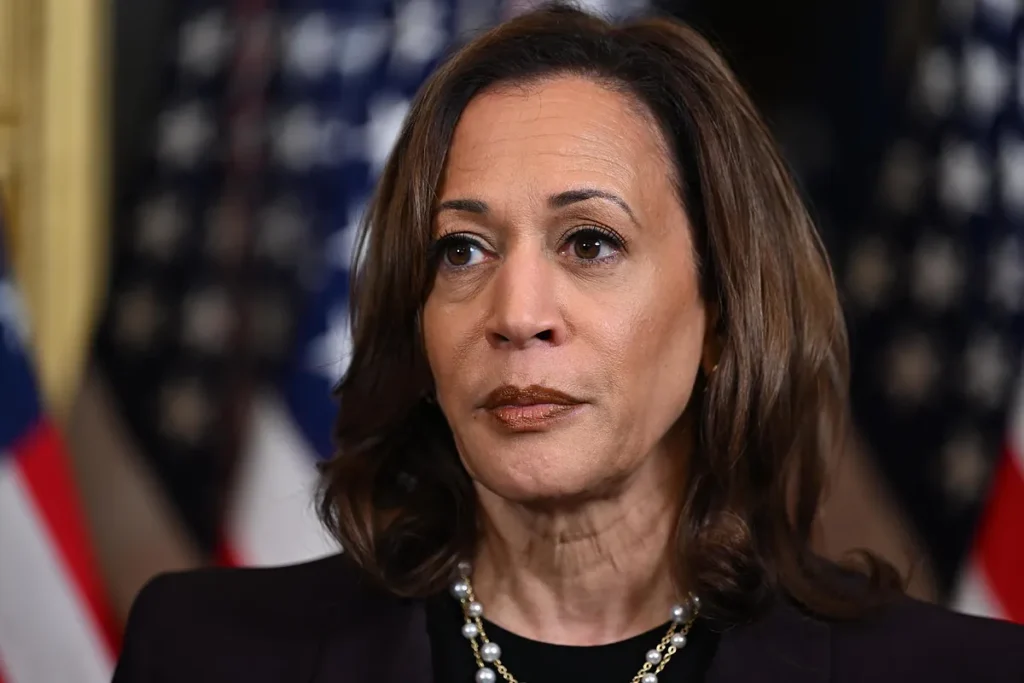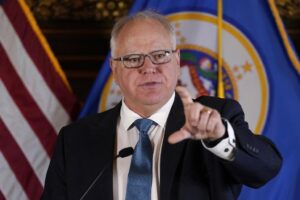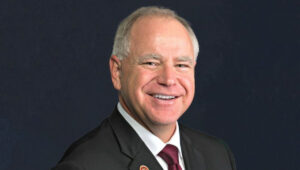
Kamala Harris, the first female Vice President of the United States, has become a polarizing figure in American politics. While she is celebrated for breaking significant barriers, she also faces intense scrutiny and criticism. Let’s delve into the reasons behind the strong negative feelings some people harbor towards her.
Political Background and Policy Decisions
Kamala Harris’ political career began in California. She served as District Attorney of San Francisco and then as Attorney General of California. During these years, Harris adopted tough-on-crime policies that have since been criticized. Critics argue that her prosecutorial record disproportionately affected minority communities. Her decisions to support punitive measures and resist some reforms aimed at reducing incarceration rates have left a lasting impact on her reputation. These policy decisions are a significant factor in why people don’t like Kamala Harris.
Presidential Campaign Challenges
In 2020, Harris ran for the Democratic nomination for President. Her campaign faced numerous challenges from the onset. Critics accused her of lacking a consistent message. Her positions on key issues, such as healthcare and criminal justice reform, seemed to shift. This inconsistency made it difficult for voters to trust her. Eventually, she dropped out of the race before the primaries, citing a lack of funds and support. This perceived failure has contributed to her unpopularity.
Vice Presidency and Public Scrutiny
As Vice President, Kamala Harris is under constant scrutiny. Her every action is analyzed and critiqued. Some argue that this is due to the historic nature of her role. As the first woman, first African American, and first Asian American Vice President, she is held to an exceptionally high standard. However, her critics point to specific instances of perceived failures. For example, her handling of the border crisis and her sometimes unclear response to questions about her role have fueled narratives of incompetence.
The Role of Media
Media coverage plays a significant role in shaping public perception. Kamala Harris is no exception. While some outlets praise her achievements, others focus on her missteps and controversies. This polarized coverage contributes to the divided opinions about her. Sensational headlines and viral moments often overshadow her policy work and contributions.
Gender and Racial Bias
Gender and racial biases are undeniable factors in the perception of Kamala Harris. As a woman of color in a position of power, she faces unique challenges. Studies have shown that women, especially women of color, are judged more harshly in leadership roles. Harris’ critics often use language and rhetoric rooted in sexism and racism. These biases skew public perception and amplify negative opinions.
Social Media and Misinformation
Social media spreads information rapidly, both true and false. Kamala Harris has been the target of numerous false claims and conspiracy theories. From questions about her eligibility to serve to baseless accusations about her personal life, these falsehoods contribute to the hatred she faces. The speed and reach of social media make it difficult to combat these narratives effectively.
Policy Disagreements
At the core of the animosity towards Kamala Harris are genuine policy disagreements. Critics on both the left and right find fault with her positions. Progressives argue that she is too moderate and fails to push for bold reforms. Conservatives, on the other hand, view her as too liberal and out of touch with traditional American values. These ideological differences fuel passionate opposition.
Personal Style and Public Speaking
Public figures are often judged by their personal style and manner of speaking. Kamala Harris’ demeanor, described by some as assertive and confident, is perceived by others as abrasive or condescending. Her public speaking style, including her tendency to laugh at serious questions, has been criticized as inappropriate or dismissive. This aspect of her personality has been made a centerpoint for criticism, which seems irrelevant as it has nothing to do with policy.
Breaking Barriers
Kamala Harris has broken multiple barriers throughout her career. She is the first female Vice President, the highest-ranking female official in U.S. history, and the first African American and Asian American Vice President. Her achievements have paved the way for future generations of women and minorities in politics. However, this very progress also makes her a target for those resistant to change.
The Bigger Picture
Despite the criticism, Kamala Harris’ legacy as Vice President is significant. Her presence in the White House marks a milestone in American history. She represents progress and the breaking of long-standing barriers. However, this very progress also makes her a target for those resistant to change. The hatred she faces is, in part, a reflection of the broader societal struggles with diversity and inclusion.
Moving Forward
As Kamala Harris continues her term as Vice President, the scrutiny will not subside. Her actions and decisions will continue to be analyzed and debated. Understanding the reasons behind the hatred she faces is crucial for a comprehensive view of her role in American politics. While she remains a polarizing figure, her impact on the political landscape is undeniable.
In summary, the reasons people hate Kamala Harris are multifaceted. They range from policy disagreements to deep-seated biases. Recognizing these factors helps in understanding the complex dynamics at play. As history unfolds, the legacy of Kamala Harris will be shaped by both her achievements and the challenges she overcame.
4o





